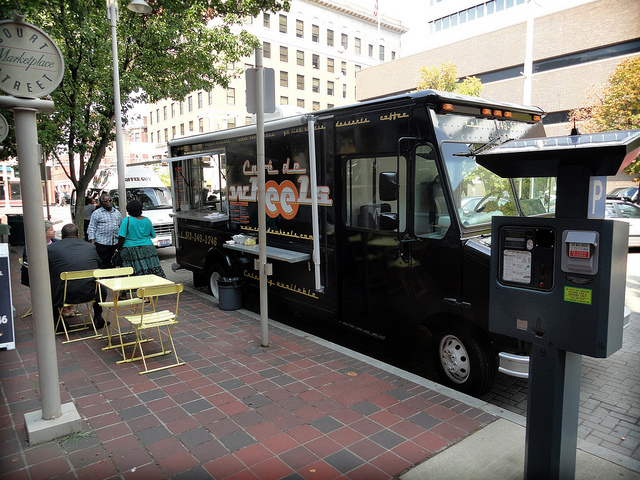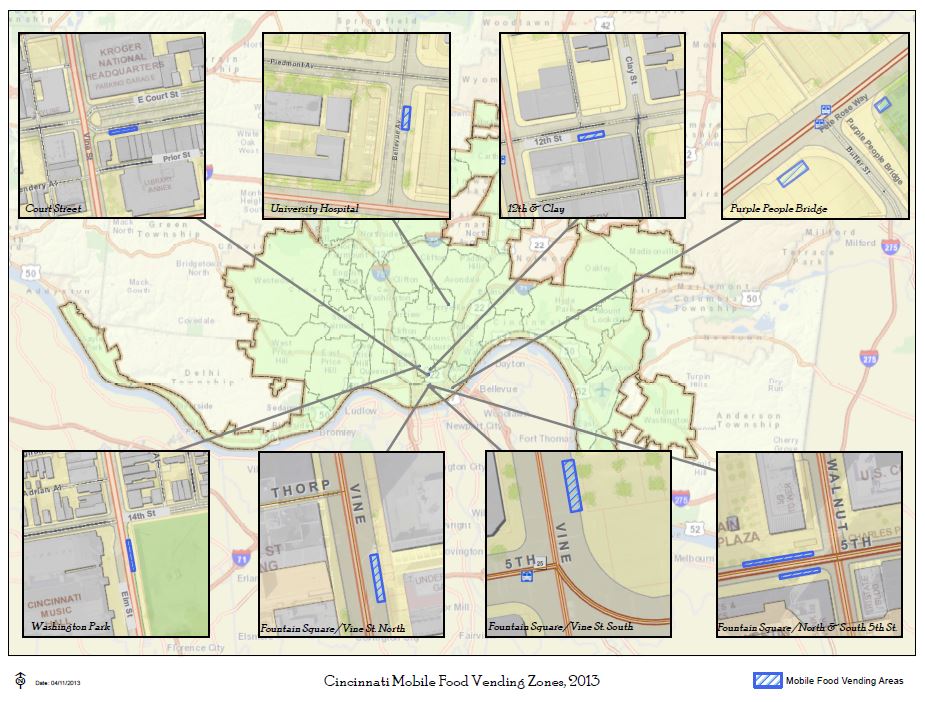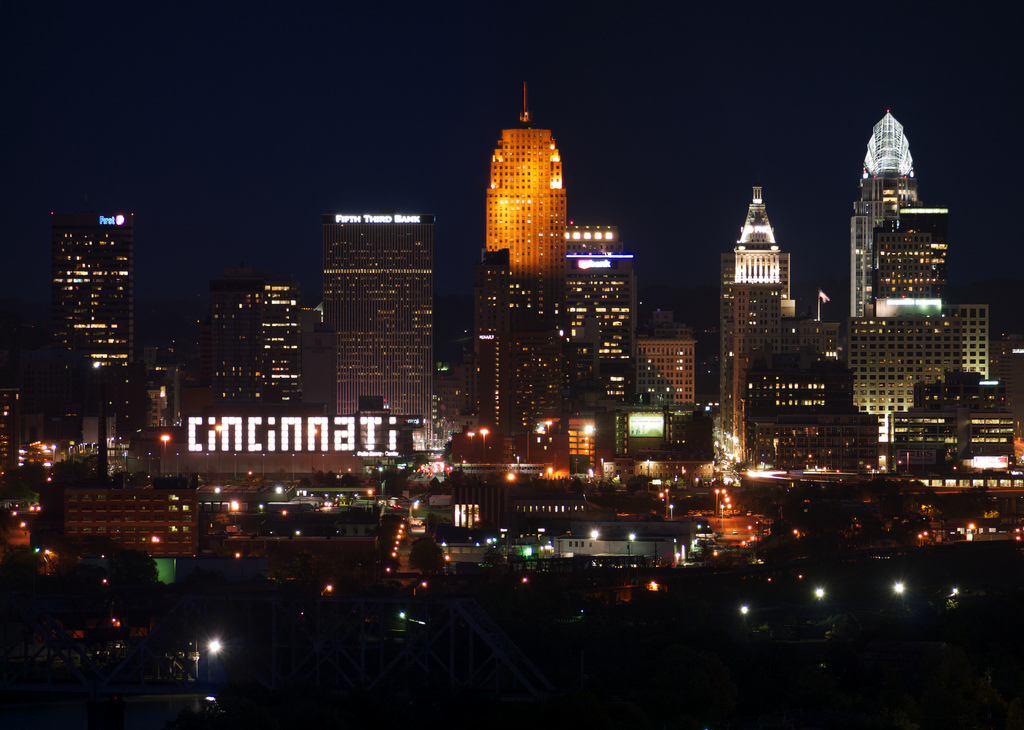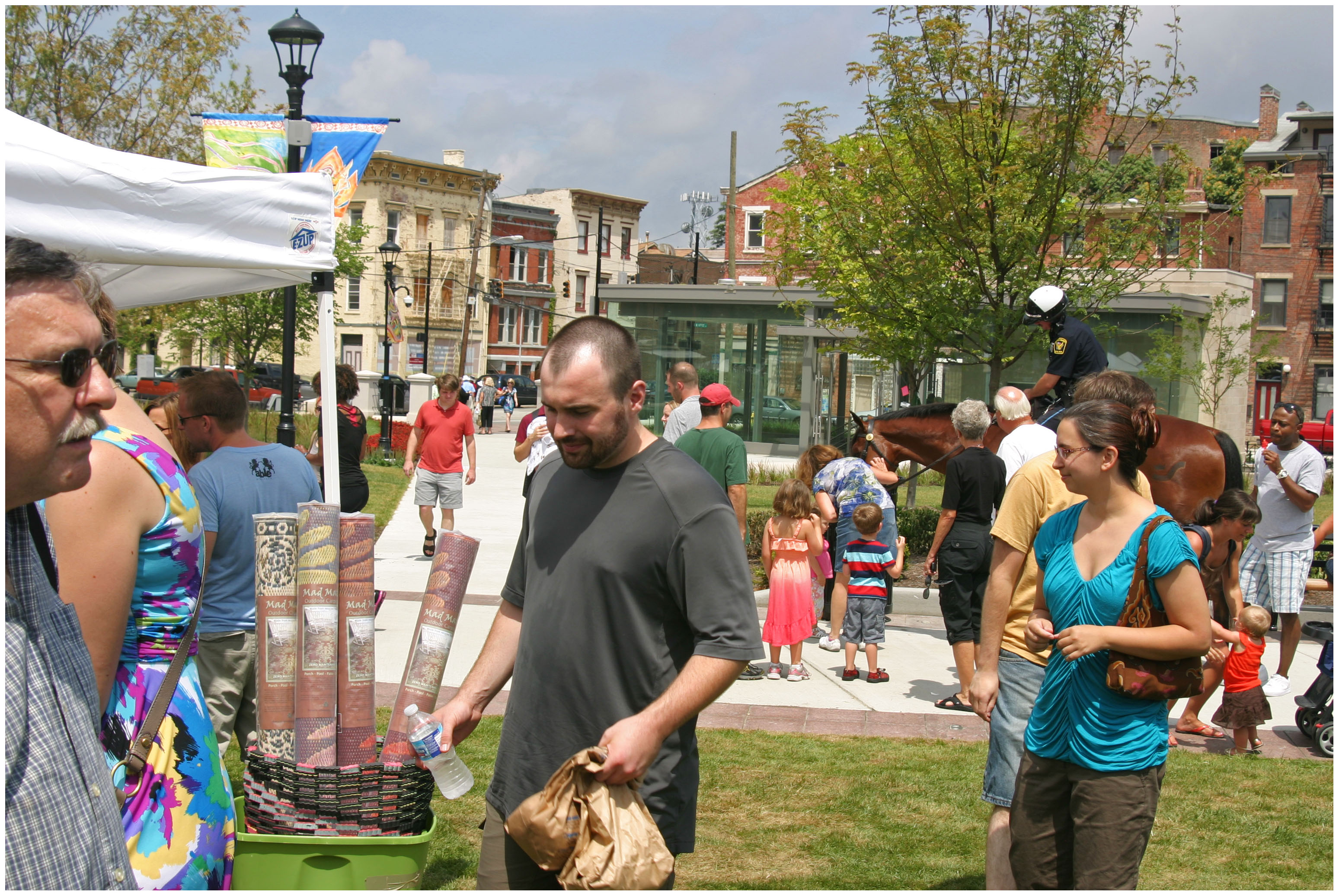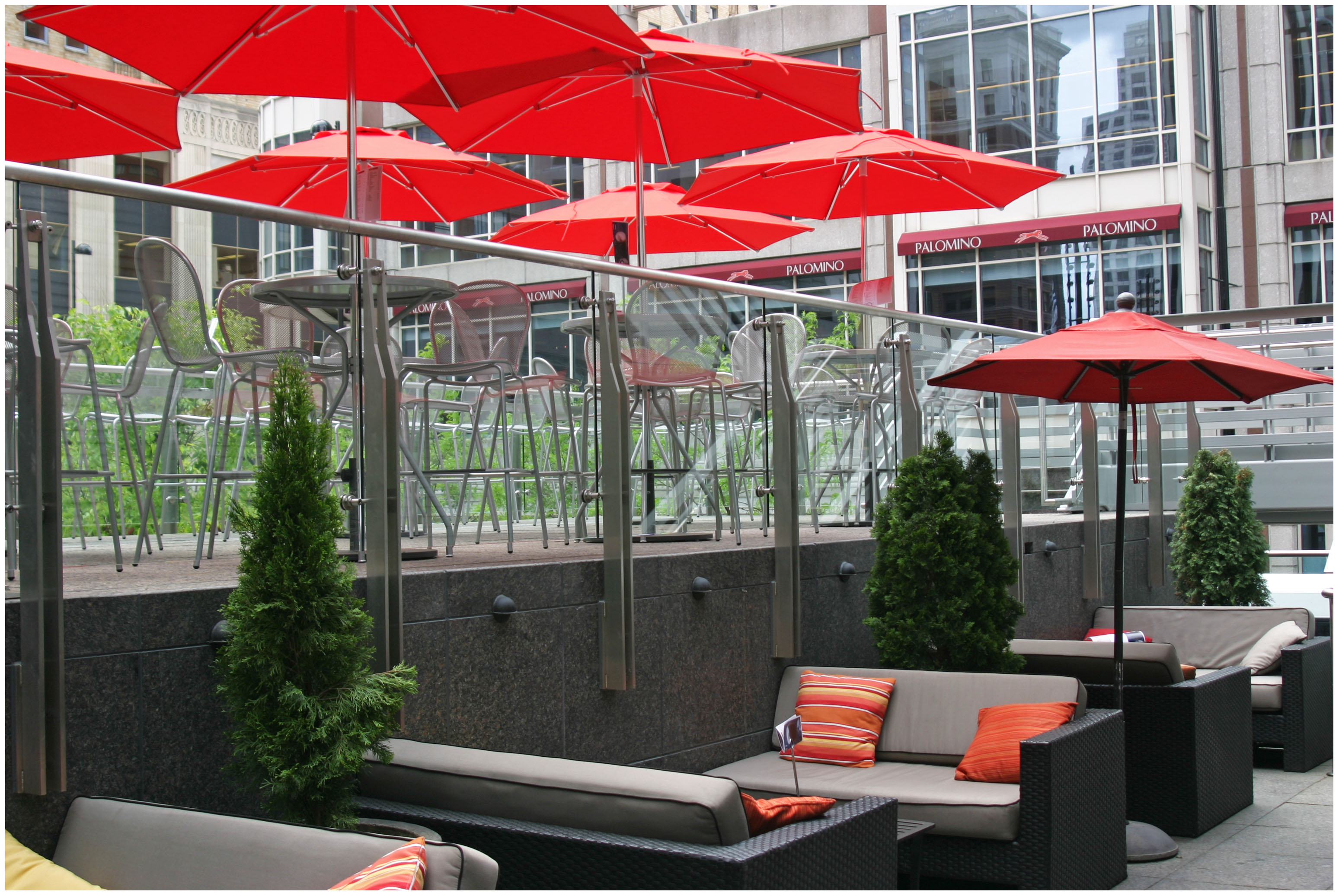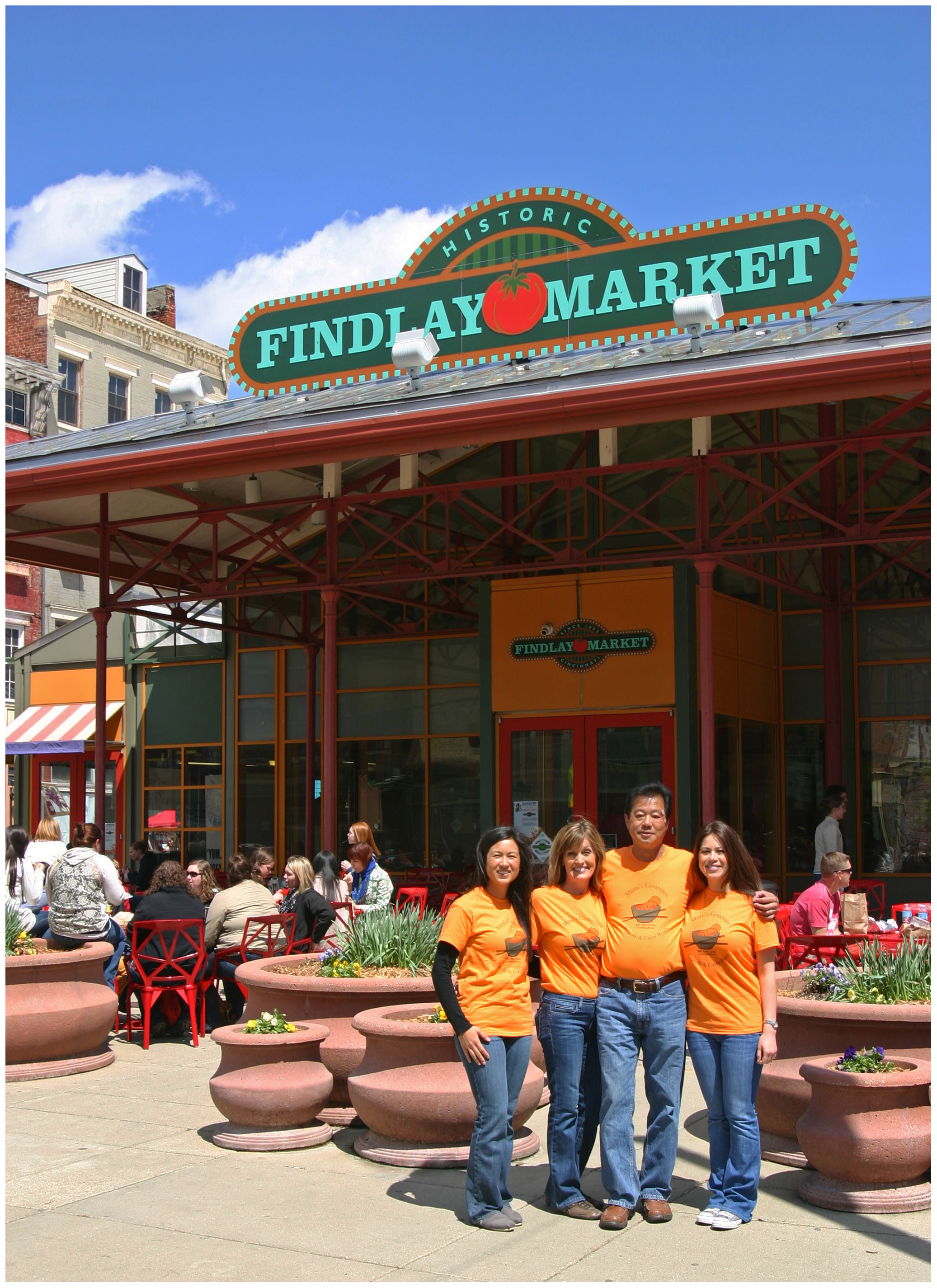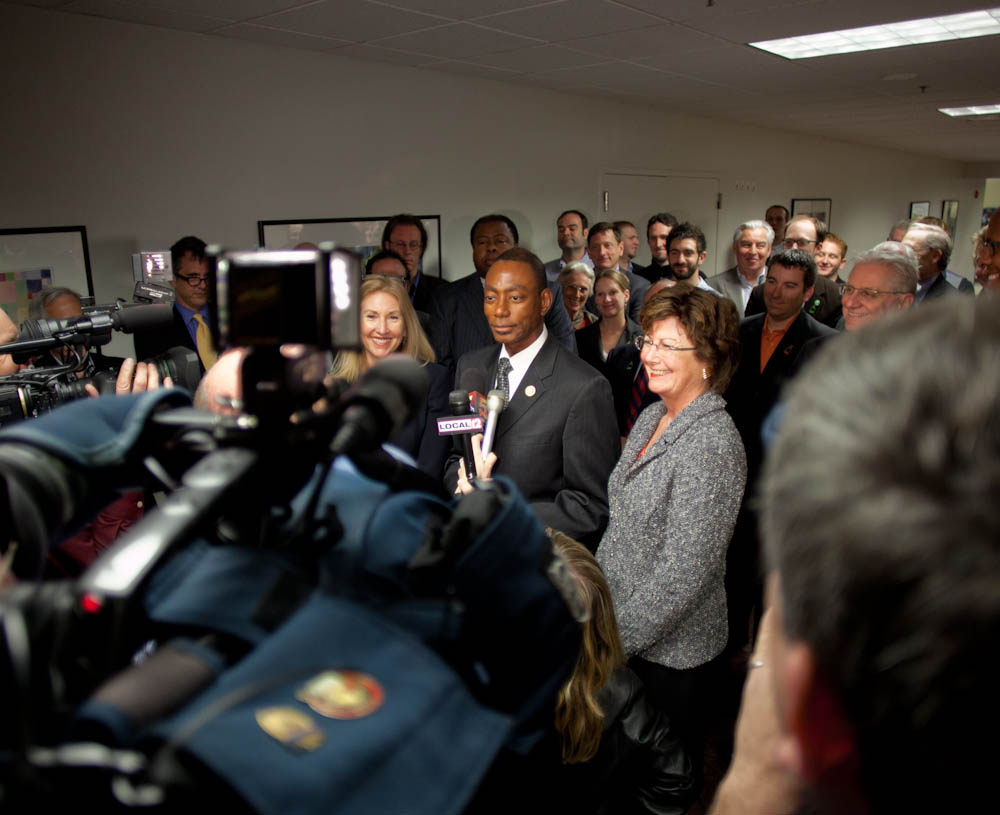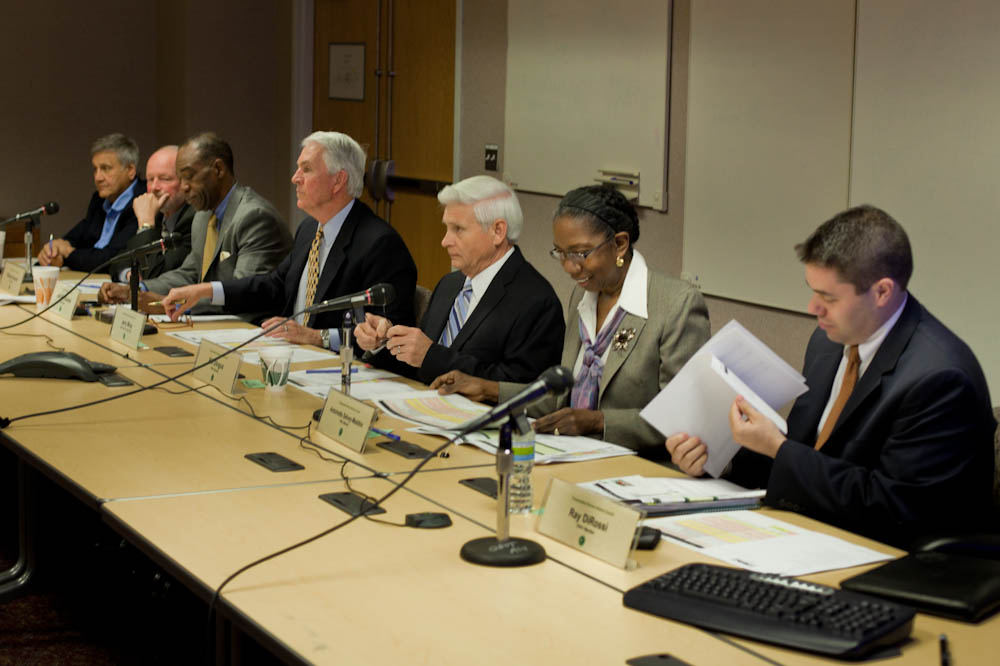Last month Cincinnati City Council approved changes to the city’s Mobile Food Vending Program, which oversees food truck operators choosing to take advantage of mobile food vending zones throughout the city.
According to city officials, two new mobile food vending zones will be added in Over-the-Rhine. The changes were approved 8-1 by city council, with Councilmember Christopher Smitherman (I) casting the lone opposition vote.
The first is at Washington Park and will accommodate up to three food trucks at any given time. This location, officials say, will be open to mobile food vendors from 6am to 3pm, and will be open during evening hours based on agreements between the Cincinnati Center City Development Corporation (3CDC) and those vendors who are in the program.
The second Over-the-Rhine location will be at Twelfth and Clay Streets, and is the result of much negotiation with nearby restaurants that had been wary of a mobile food vending zone near their establishments. This location will accommodate up to two food trucks at a time, and unlike the Washington Park zone, will allow vendors to operate between 6pm and 3:30am.
The new Over-the-Rhine mobile food vending zones add to the other six locations in place throughout the city. According to Councilmember Laure Quinlivan (D), who first proposed legislation to create the mobile food vending program in 2010, those who would like to see mobile food vending zones established elsewhere throughout the city can contact her office at laure.quinlivan@cincinnati-oh.gov.
City officials say that all of the following official mobile food vending zones are open seven days a week, and are available to operators with mobile food vending licenses on a first come, first serve basis.
- 12th/Clay Streets (6pm to 3:30am)
- Court Street Market (6am -3pm)
- Fountain Square/North Vine Street (6pm-3:30am)
- Fountain Square/North Fifth Street (6am to 3:30am)
- Fountain Square/South Fifth Street (6am to 3:30am)
- Purple People Bridge (6am to 3:30am)
- University Hospital (6am to 3:30am)
- Washington Park zone (6am to 3pm)
“If you have additional mobile food vending zones you’d like to see created, please contact me to learn how to get it done,” Quinlivan stated. “The bottom line is that you need to get support for the new zone from nearby property owners.”
Food truck operators interested in getting a mobile food vending license will not see their annual fees change from the current $600 for a six-month license or $1,000 for a full year. But, according to city officials, they will now apply through the Cincinnati Health Department in an effort to streamline the application and licensing process since the health department also must issue a health license for the food trucks.
Other approved changes include the elimination of the non-refundable $25 application fee, and structural changes for the mobile food vendor zone at the foot of the Purple People Bridge to allow for more consistent space availability for food truck operators.
Due to the court-issued restraining order on the City of Cincinnati, the changes could not take effect immediately, and will finally go into effect this Friday, May 17 following the required 30-day waiting period.
To celebrate, the Cincinnati Food Truck Association, Quinlivan and community leaders will gather at Washington Park this Friday at 11:30am to celebrate the new food truck zones.
“I’m excited our program has created jobs and livened up city streets,” Quinlivan stated. “I’m told we now have 28 mobile food trucks in Cincinnati and we hope all of them participate in our program.”
